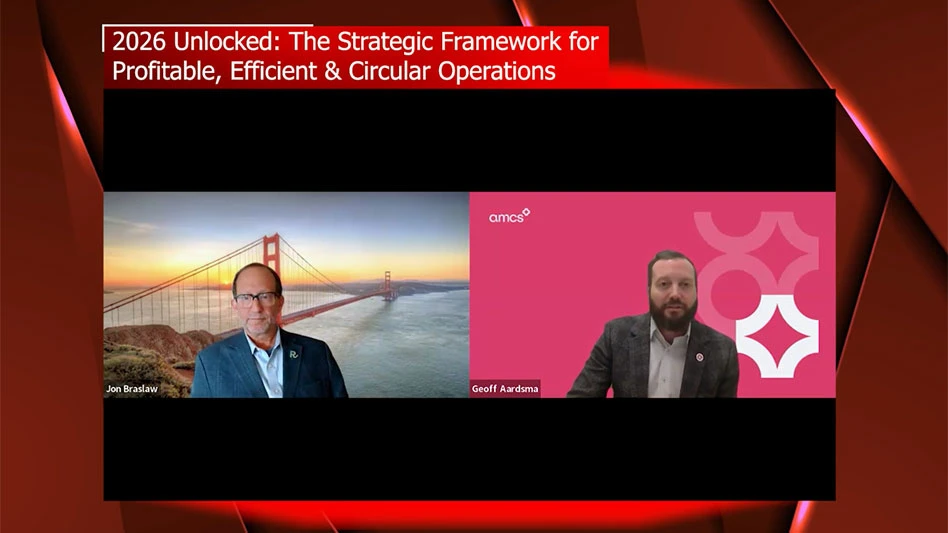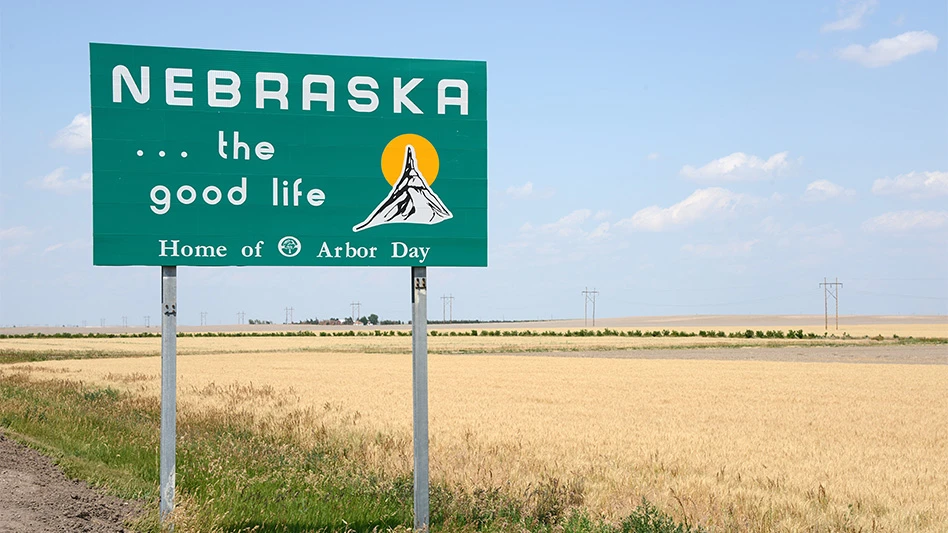
Photo courtesy of Ameripen
The American Institute for Packaging and the Environment (Ameripen), a policy and advocacy organization representing the packaging value chain, recently co-led an advocacy fly-in to Albany, New York, to engage with state legislators on a proposed extended producer responsibility (EPR) bill.
Senate Bill 5062 and Assembly Bill 6191, collectively known as Affordable Waste Reduction Act, was introduced by state Sen. Monica Martinez and Assemblymember Chantel Jackson. In Ameripen’s view, the act represents a demanding yet consistent and balanced approach to reducing packaging waste and improving recycling outcomes across the state.
RELATED: Ameripen names executive director | Ameripen voices support for Maryland EPR bill
Springfield, Massachusetts-based Ameripen says the fly-in brought together representatives from more than 20 member companies and industry associations from across the packaging value chain, “demonstrating strong and unified industry support for EPR legislation grounded in national best practices.”
Describing a similar EPR bill (S.B. 1464, A.B. 1749) proposed by Sen. Peter Harckham and Assemblymember Deborah Glick as “overly prescriptive and unfeasible,” Ameripen says the Martinez-Jackson bill offers a data-driven, innovation-friendly framework modeled after legislation from Minnesota and Maryland.
“The Affordable Waste Reduction Act is a practical, collaborative framework for EPR in New York,” Ameripen Executive Director Lynn Dyer says. “We were proud to advocate for an EPR model that builds on effective recycling policy.”
Consistent with Minnesota’s 2024 packaging EPR law, Ameripen says the Martinez-Jackson bill supports a shared responsibility model that:
- maintains material- and technology-neutral policies to foster innovation;
- empowers producer responsibility organizations (PROs) led by industry experts;
- ensures transparency and oversight through an advisory council and public input;
- establishes realistic performance targets and a phased implementation timeline; and
- balances funding, with producers covering approximately 90 percent of system costs while municipalities and waste processors retain a role in system effectiveness
“New York has the opportunity to implement a model that reflects what’s widely accepted and supported across the country,” Dyer says. “The Harckham-Glick bill, by contrast, imposes packaging bans, rigid mandates, jeopardizes recycling innovation and would place excessive financial strain on both producers and consumers.”
Ameripen says it strongly opposes the Harckham-Glick bill, citing “unrealistic timelines, lack of alignment with proven EPR principles and failure to consider lessons learned from other states.” Instead, the organization says it urges lawmakers to prioritize legislation that is effective, equitable and enforceable.
“Ameripen will continue engaging with policymakers, regulators and industry partners to promote smart packaging policy solutions that reflect both environmental priorities and operational realities,” it says.
Latest from Recycling Today
- EPR implementation working group adopts nationwide focus
- CPM Crown to open European operations hub
- Mardi Gras sustainability initiative collects 14K pounds of recyclables
- Reju selects site for French textile recycling facility
- Hydro’s earnings decrease year over year
- Republic Services appoints Ian Craig to board of directors
- Phoenix Public Works Department proposes solid waste rate increases
- REalloys adds general to executive ranks





